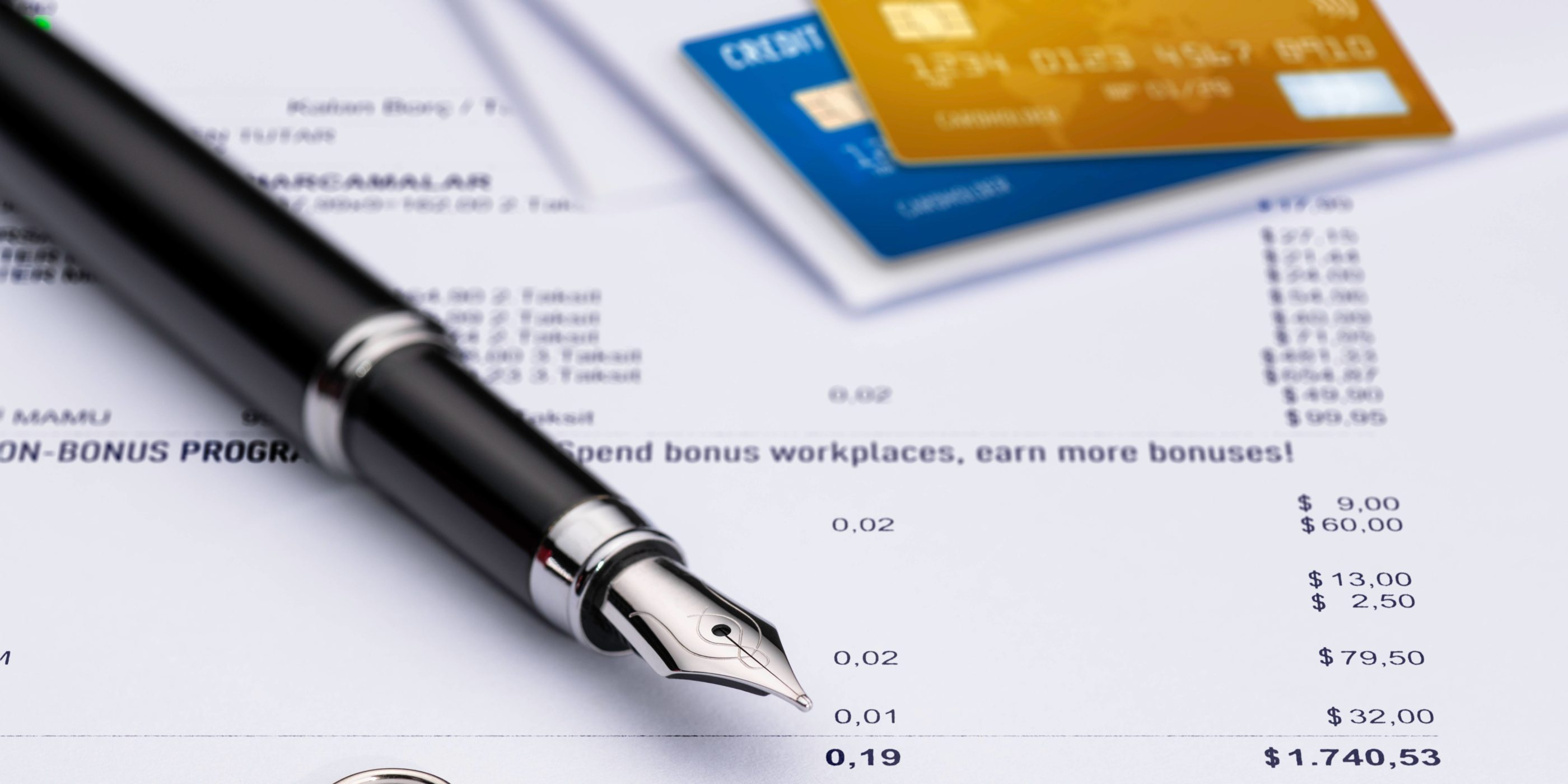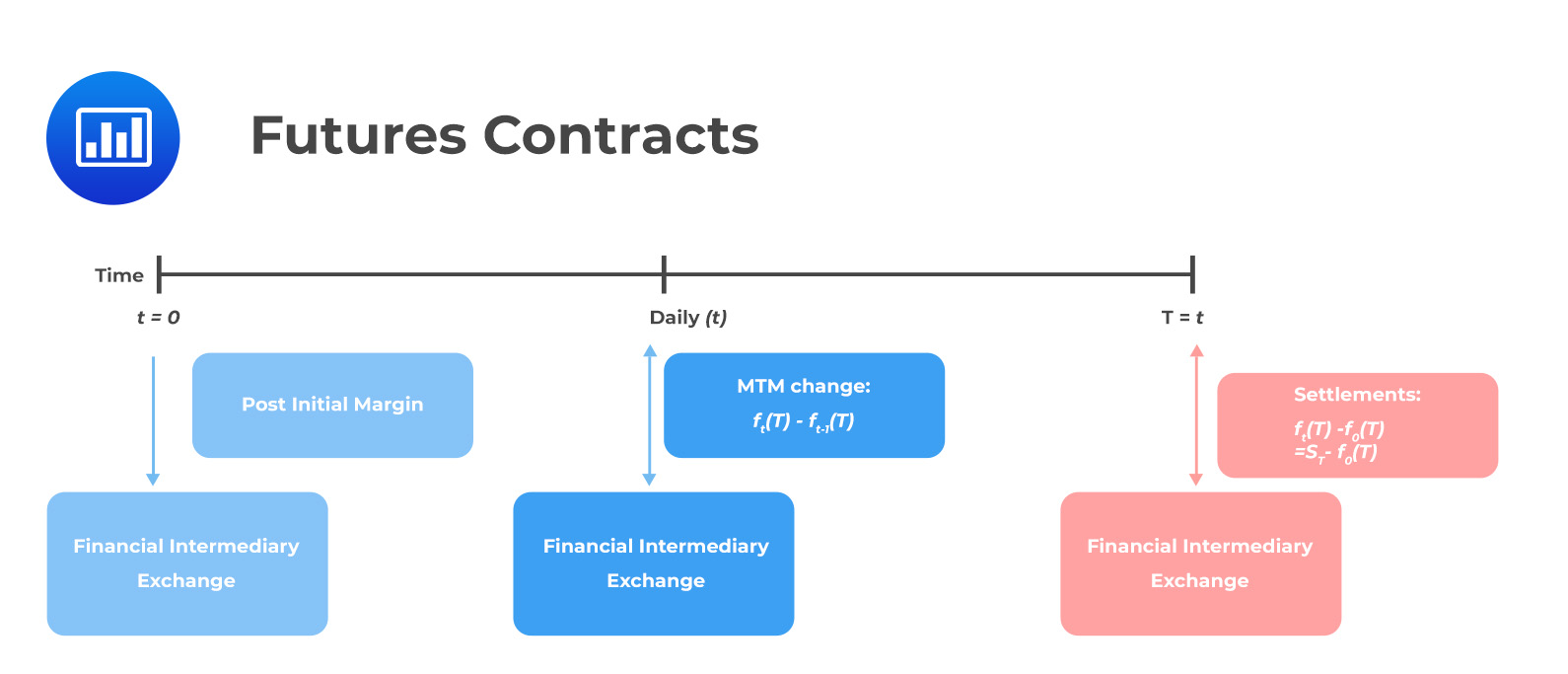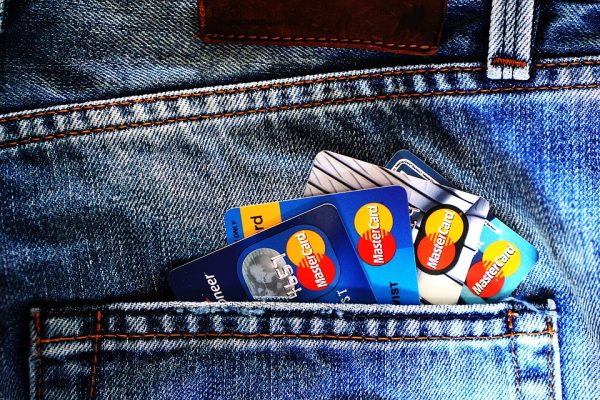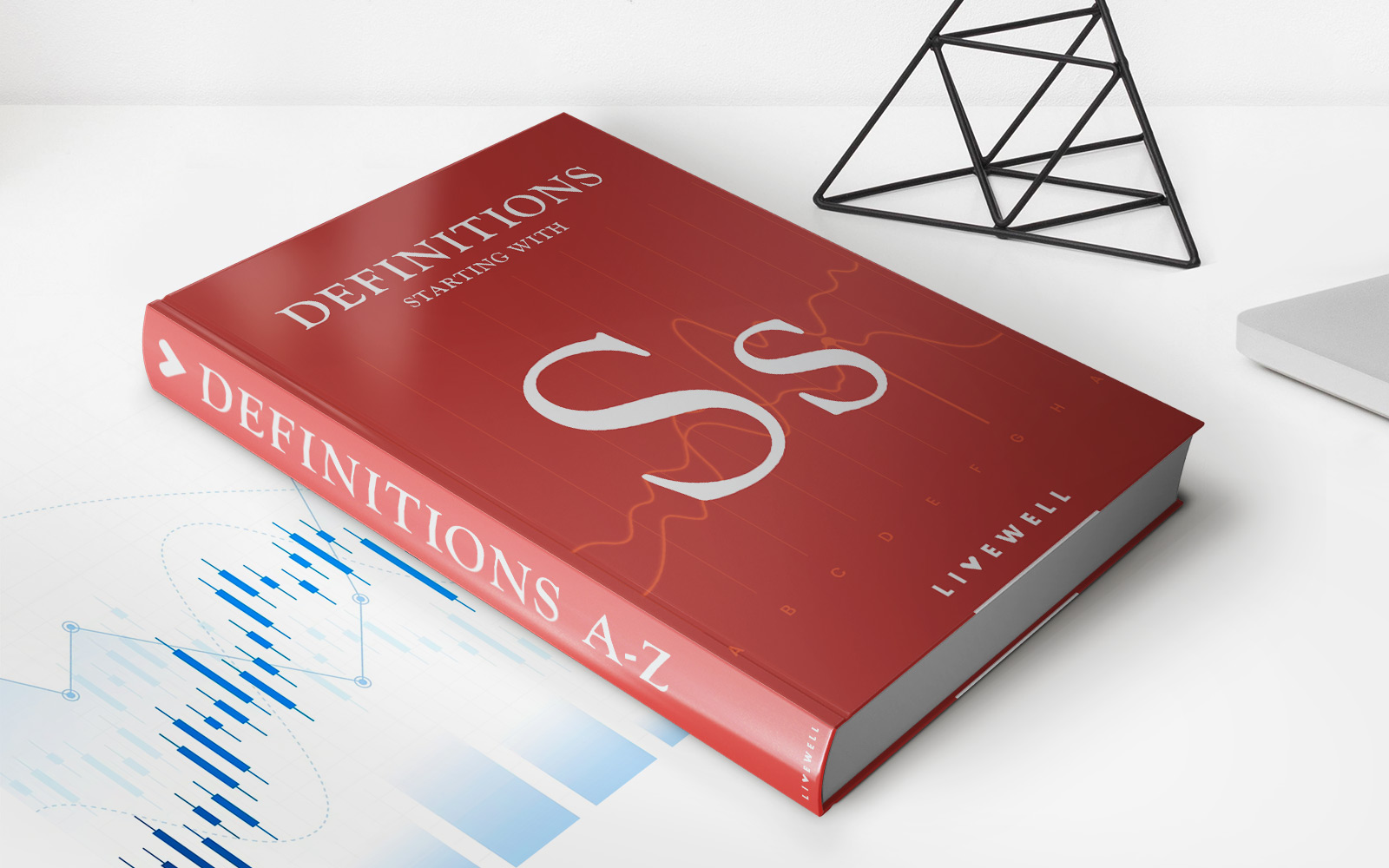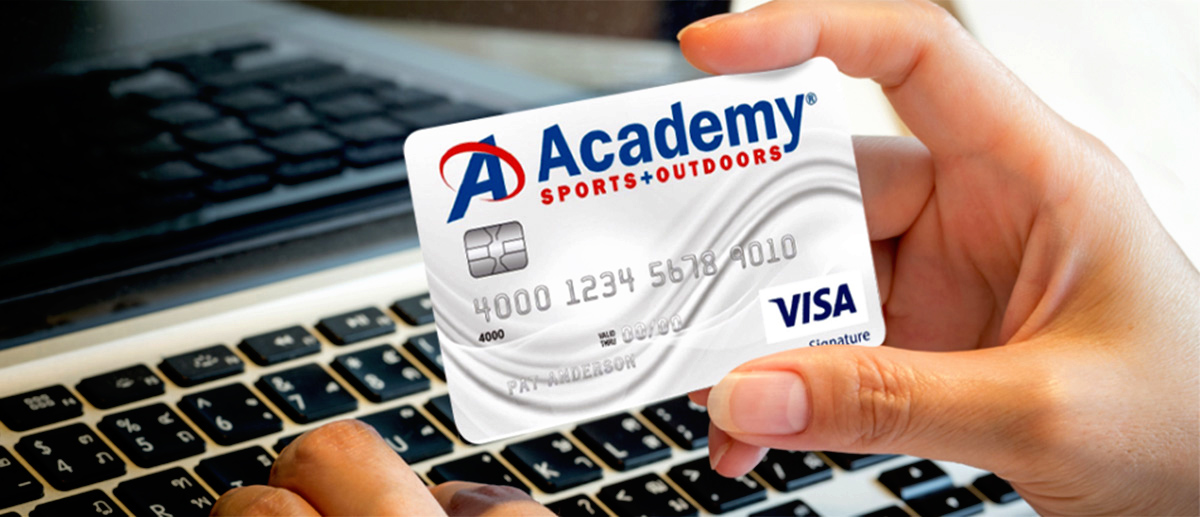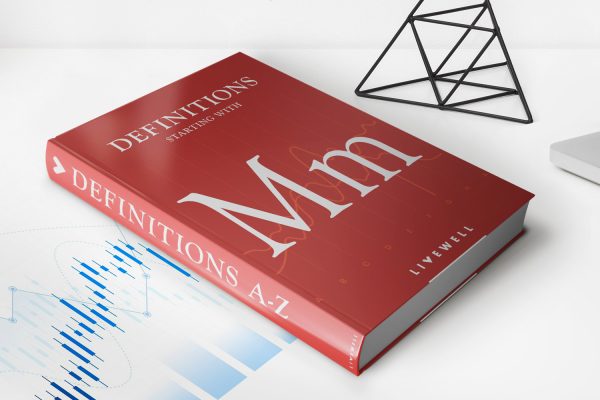

Finance
What Should You Not Buy With A Credit Card
Modified: March 10, 2024
Looking to manage your finances? Discover what purchases you should avoid making with a credit card to safeguard your financial well-being.
(Many of the links in this article redirect to a specific reviewed product. Your purchase of these products through affiliate links helps to generate commission for LiveWell, at no extra cost. Learn more)
Table of Contents
Introduction
When it comes to managing your finances, using a credit card can be a convenient and secure option. Credit cards offer benefits such as rewards programs, purchase protection, and the ability to build a good credit history. However, it’s important to be mindful of how credit cards are used to avoid falling into debt or making poor financial decisions.
While credit cards can be a valuable tool when used responsibly, there are certain purchases that are not ideal to make with a credit card. Understanding what to avoid can help you make wiser financial choices and prevent unnecessary debt. In this article, we will explore some of the things you should not buy with a credit card.
It’s worth noting that the following items or payments are not inherently prohibited from being made with a credit card, but they may not be the most financially savvy choices. It’s important to consider the potential consequences and evaluate whether using a credit card for these purchases is the best option for your financial well-being.
Cash Advances
A cash advance allows you to withdraw cash from your credit card. While it may seem convenient to have access to cash when you need it, cash advances can be incredibly costly. Not only do they come with high interest rates, but they often have additional fees as well.
When you take a cash advance, interest starts accruing immediately, unlike with regular credit card purchases where you have a grace period. This means that you’ll be paying interest from the moment you withdraw the cash until you pay off the entire balance. Furthermore, cash advances often have higher interest rates compared to regular purchases, which can quickly add up and become a financial burden.
Additionally, cash advances often have transaction fees, which can be a percentage of the amount you withdraw. This adds an extra cost to your cash advance that can be quite significant. So, unless you are in a true emergency situation and have exhausted all other options, it’s generally best to avoid using your credit card for a cash advance.
If you find yourself in need of cash, explore other alternatives such as personal loans or borrowing from a trusted friend or family member. These alternatives tend to have lower interest rates and fees, saving you money in the long run.
Remember, credit cards are designed primarily for purchasing goods and services, not for obtaining cash. It’s important to use them responsibly and avoid the temptation of cash advances to maintain good financial health.
Mortgage Payments
While it may be tempting to use a credit card to make your monthly mortgage payment, it’s generally not a wise financial move. Mortgage payments are typically substantial amounts, and charging them to your credit card can result in high levels of debt and interest charges.
Credit cards usually have higher interest rates compared to mortgage loans. By using a credit card to pay your mortgage, you may end up paying significantly more in interest over time. This can lead to added financial strain and make it more challenging to pay off your debt.
Furthermore, many mortgage providers do not accept credit card payments directly, or if they do, they may charge processing fees. These fees can further increase your expenses, eroding any potential benefits or rewards you may receive from using your credit card.
If you are struggling to make your mortgage payments, it’s advisable to explore other options such as speaking with your mortgage lender about potential payment arrangements or refinancing your mortgage. These alternatives are likely to be more financially beneficial and can provide more sustainable solutions to your payment challenges.
Using a credit card should generally be reserved for smaller, everyday expenses that can be paid off in full each month to avoid accumulating high-interest debt. It’s important to carefully consider the financial implications before deciding to use your credit card for large payments like your mortgage.
Student Loans
Paying for education can be a significant financial burden, and many students turn to student loans to fund their studies. While using a credit card to pay for tuition or other student-related expenses may seem like a viable option, it is generally not advisable.
Credit cards typically have higher interest rates compared to student loans. By using a credit card to pay for your education, you may end up accruing a significant amount of high-interest debt. This can prolong your repayment period and increase the overall cost of your education.
Student loans, on the other hand, often come with lower interest rates and more favorable repayment terms. They are specifically designed to help students finance their education and provide various repayment options tailored to their financial situations.
If you are struggling to pay for your education or need additional financial assistance, it’s recommended to explore options such as federal or private student loans, scholarships, grants, or work-study programs. These options can provide more reasonable interest rates and repayment terms compared to credit cards.
Using a credit card for student loans may also limit your ability to access certain benefits and protections afforded by student loan programs, such as income-based repayment plans, forgiveness options, or deferment and forbearance options.
It’s important to carefully consider the long-term financial implications before using a credit card to pay for your education expenses. Exploring alternative funding sources and consulting with a financial advisor can help you make more informed decisions and manage your student loans more effectively.
High-Interest Loans
When faced with a financial emergency or unexpected expenses, it may be tempting to turn to a credit card for a quick loan. However, using a credit card to pay off or consolidate high-interest loans is generally not a wise decision.
Credit cards often come with higher interest rates compared to other types of loans. If you have existing high-interest loans, such as payday loans or personal loans with high-interest rates, transferring those balances to a credit card can result in additional interest charges and potential debt traps.
While some credit cards offer promotional balance transfer offers with low or no interest for a limited period, it’s essential to read the fine print and understand the terms and conditions. After the promotional period ends, the interest rates on the credit card balance may skyrocket, potentially higher than what you were originally paying on your high-interest loans.
If you find yourself struggling with high-interest loans, it’s advisable to explore other options such as contacting your current lenders to discuss refinancing or restructuring options. You may be able to negotiate lower interest rates or more manageable repayment terms.
Seeking guidance from a financial advisor or credit counseling agency can also provide you with valuable insights and assistance in managing your high-interest loans effectively. They can help you develop a plan to pay off your debt strategically and avoid falling into further financial hardship.
Remember, using a credit card to pay off high-interest loans should only be considered after careful evaluation of the terms, interest rates, and potential long-term consequences. It’s crucial to seek the best options available to avoid getting caught in a cycle of debt and to prioritize your financial well-being.
Medical Bills
Dealing with medical expenses can be overwhelming, especially when faced with unexpected health issues or emergencies. While it may be tempting to use a credit card to cover these expenses, it’s important to carefully consider the repercussions before doing so.
Medical bills can often be quite substantial, and using a credit card to pay for them can quickly result in high levels of debt, especially when factoring in high-interest rates. Medical providers may also charge additional fees for credit card payments, further increasing the cost of your medical bills.
Before resorting to using a credit card, it’s advisable to explore other options for managing medical expenses. Start by contacting your healthcare provider or hospital billing department to discuss payment plans or potential discounts based on your financial situation. Many hospitals and clinics offer financial assistance programs or can point you in the direction of local charitable programs that may be able to help.
You may also want to inquire about interest-free payment plans that the medical provider may offer. These plans can provide more manageable payment options and save you from accumulating high-interest credit card debt.
If you anticipate having ongoing medical expenses, it may be beneficial to look into healthcare-specific financing options or medical credit cards, often offered with promotional interest rates or payment plans. These options may offer more favorable terms for healthcare-related expenses compared to regular credit cards.
Ultimately, using a credit card to pay for medical bills should be a last resort. Be proactive in exploring alternative payment options and communicate with your healthcare provider to find a solution that works best for your financial situation.
Gambling
Gambling can be an enticing and potentially addictive activity. While some individuals may be able to gamble responsibly, it’s generally not advisable to use a credit card for gambling purposes.
Credit cards allow you to access funds that you may not have readily available, which can lead to impulsive and uncontrolled spending in a gambling environment. Using a credit card for gambling can result in accumulating significant amounts of high-interest debt if you’re not able to pay off the balance in full.
Many credit card companies and financial institutions classify gambling transactions as cash advances, which come with even higher interest rates and immediate interest accrual. This can make the cost of gambling with a credit card even more expensive.
Furthermore, using a credit card for gambling can have serious implications for your financial well-being. It can quickly spiral into debt and negatively impact your credit score, making it more challenging to access credit in the future for more essential needs, such as housing or transportation.
If you enjoy gambling as a recreational activity, it’s crucial to set strict limits on your spending and to use cash or debit cards that are linked to your available funds. This way, you can manage your gambling expenses within your budget and avoid falling into the trap of using a credit card to chase losses or fund your wagers.
If you find yourself struggling with gambling addiction, seek help from support groups or professional counseling services. They can provide guidance and resources to overcome addiction and develop healthier financial habits.
Remember, gambling should be approached as a form of entertainment rather than a source of income. Using a credit card for gambling is a risky endeavor that can have long-term financial consequences. It’s vital to exercise caution and responsibility when engaging in gambling activities.
Illegal Activities
Using a credit card to finance or engage in any illegal activities is not only unethical but can also have severe legal repercussions. The use of credit cards for illegal purposes is strictly prohibited by law, and financial institutions have safeguards in place to identify and report suspicious or unlawful transactions.
Engaging in illegal activities and attempting to disguise them by using a credit card can lead to criminal charges, fines, and potential imprisonment. It’s essential to remember that credit cards are meant for lawful and legitimate transactions, such as purchasing goods and services from reputable merchants.
Furthermore, using a credit card for illegal activities can have long-lasting effects on your financial reputation and creditworthiness. If caught, it can result in negative marks on your credit report, making it challenging to obtain credit in the future or negatively impacting the terms and conditions of your existing credit accounts.
If you find yourself involved in any illegal activities, it’s crucial to seek legal assistance immediately. Consulting with a lawyer who specializes in the specific legal matter can help protect your rights and guide you through the appropriate legal processes.
Remember, engaging in illegal activities puts your financial stability and personal freedom at risk. It’s always better to make responsible and lawful financial decisions to safeguard your future.
Cars
Buying a car is a significant financial decision, and it can be tempting to put the purchase on a credit card to earn rewards or to delay the immediate burden of payment. However, using a credit card to buy a car is generally not advisable.
Credit cards typically have lower credit limits compared to the cost of a car. Trying to charge the full amount of a car purchase to your credit card may exceed your credit limit, resulting in declined transactions or the need for multiple credit cards to cover the entire cost.
Even if you have a high enough credit limit, using a credit card for a car purchase can lead to substantial credit card debt due to the high cost of vehicles. Credit cards generally have higher interest rates compared to auto loans, so carrying a large balance from a car purchase on your credit card can result in significantly more interest charges over time.
Instead of using a credit card, it’s advisable to explore other financing options specifically designed for car purchases. Auto loans, for example, offer lower interest rates and longer repayment periods, making them a more suitable and cost-effective choice.
Prior to buying a car, it’s essential to research and compare auto loan rates from various lenders, including banks, credit unions, and online financial institutions. By securing an auto loan, you can spread out the cost of the vehicle over a longer period, making monthly payments more affordable and manageable.
If you’re looking to earn rewards for your car purchase, consider using a rewards credit card to make the down payment or cover any associated fees. However, it’s important to have a solid plan to pay off the balance in full to avoid incurring high-interest charges.
When it comes to purchasing a car, using a credit card is generally not the most financially prudent option. Explore car loan options to secure more favorable interest rates and repayment terms, ensuring a smoother and more manageable financial experience.
Down Payments
When making significant purchases like a home or a car, it’s common to be required to make a down payment. A down payment is a lump sum amount paid upfront to reduce the total borrowed amount and secure the purchase. While credit cards may seem like a convenient option to cover a down payment, there are several reasons why it’s not advisable.
Credit cards typically have higher interest rates compared to other borrowing options, such as personal loans or home equity lines of credit. Making a down payment with a credit card can result in accumulating substantial interest charges, especially if you are unable to pay off the credit card balance in full by the end of the billing cycle.
In addition to high-interest rates, credit cards may have credit limits that are insufficient to cover the full amount of a down payment, especially for more substantial purchases like real estate. This may require you to use multiple credit cards, which can become complicated to manage and potentially impact your credit utilization ratio.
Using a credit card for a down payment can also hinder your ability to negotiate favorable terms with the seller or lender. Many home sellers, for example, prefer to receive a down payment in the form of a certified check or wire transfer, as it ensures the funds are readily available and secure.
Instead of using a credit card, it’s advisable to explore other financing options specifically designed for down payments. For example, personal loans or home equity loans can offer lower interest rates and more suitable repayment terms. These options allow you to finance the down payment while avoiding the high-interest rates associated with credit cards.
Before making a down payment, it’s crucial to evaluate your financial situation and determine the most appropriate funding method. It’s recommended to speak with financial advisors, mortgage lenders, or real estate professionals who can provide guidance on the best approach based on your specific circumstances.
Remember, using a credit card for a down payment can be a financially risky move. Explore alternative financing options to secure more favorable terms and prevent unnecessary interest charges that can impact your long-term financial stability.
Small Purchases
While credit cards offer convenience and rewards, using them for small purchases can sometimes lead to unnecessary debt and financial headaches. Here are some reasons why using a credit card for small purchases may not be the best choice.
Firstly, when you make small purchases with a credit card and carry a balance, the interest charges can quickly accumulate. This means that the cost of those small purchases can end up being significantly higher than the original price due to accumulated interest over time.
In addition, using a credit card for small purchases can make it harder to keep track of your spending. It’s easy to swipe your card without fully realizing how much you’re spending, which can lead to “credit card creep” where small purchases add up quickly and are difficult to manage within your budget.
Furthermore, using a credit card for every small purchase may affect your credit utilization ratio. Credit utilization is the amount of available credit you are using at any given time, and utilizing too much of your credit limit can negatively impact your credit score. So, even if you pay off the balance each month, consistently using a credit card for small purchases can increase your credit utilization ratio and potentially lower your credit score.
Instead of relying heavily on credit cards for small purchases, consider using alternative payment methods like cash or debit cards. These will allow you to have a more accurate and tangible understanding of your spending, helping you stay within your budget and avoid unnecessary debt.
Of course, credit cards can still be useful for certain small purchases, such as online shopping or for added security and fraud protection. However, it’s essential to be mindful and disciplined when using credit cards for small purchases to avoid falling into debt or compromising your financial health.
Ultimately, it’s about finding a balance and using credit cards sparingly for small purchases that you can comfortably pay off in full each month. This way, you can enjoy the convenience and benefits of credit cards while maintaining control over your financial well-being.
